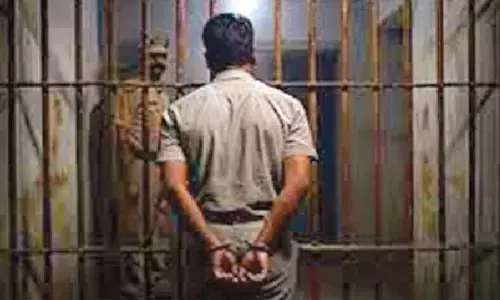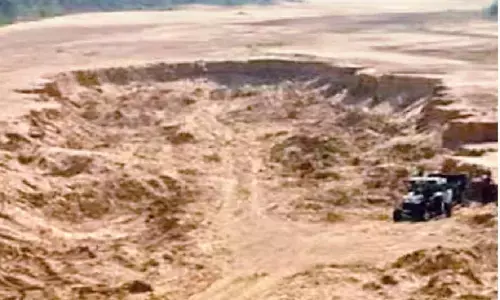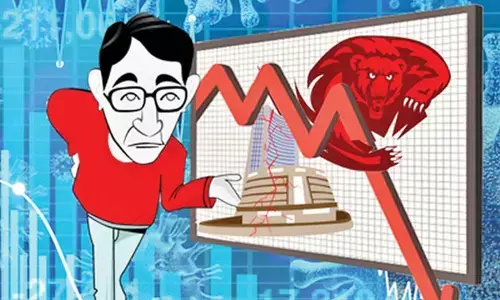MyVoice: Views of our readers 26th May 2020

MyVoice: Views of our readers 26th May 2020
Can Modi's package revive economy?
The Modi government is betting on infusing liquidity into the system, extending easy loans to enterprises and preventing them from going bankrupt. The emphasis has been on securing the supply side.
The message is clear—there are no free lunches for the industry. If there are hindrances in running a business, the government will remove it. Even the migrant labourers and the poor who were hit hard by the lockdown were provided support through the institutional methods of the Public Distribution System, the Ujjawla scheme for cooking gas and women Jan Dhan account holders.
Ironically, the Atma Nirbhar push has been used to dismantle the Nehruvian structures of self-reliance and amend the Essential Commodities Act 1955, which will help deregulate the agriculture sector.
The government has opened up mining, aviation, defence, space and atomic energy sectors for greater private participation. Well, one has to wait and watch how far these schemes will succeed?
Yakaswamy Y, Hyderabad
Panic is no solution to pandemic
Various State's response over the novel coronavirus has often needlessly heightened the sense of panic. In Karnataka, for example, many companies require those of their employees who drive two-wheelers to wash their vehicles' tyres when they enter the compound, and then park the bikes in a separate area.
Such policies often complement municipal authorities' tendencies to spray disinfectants on the road and on trees lining the road to give the impression that excessive caution is a virtue. However, such caution only suggests that the virus can infect roads and plants, and that unless they're disinfected, it might be unsafe to step out, which is not so.
The main reason for us to remain focused on the role played by the State is because the data suggests once we correct for age and/or comorbidity, the virus would threaten those with subpar living conditions the most – those with poor healthcare and little or no social and financial security – as we know to be the case with most infectious diseases.
So continuing to ascribe 'devastation' and 'disaster' to the virus – instead of the socio-economic conditions that make it 'deadly' for some and not others – allows the State to escape blame for badly planned interventions. Of course, it's still important that governments, including that of India, quell the epidemic to manageable levels, if only to keep it from poaching resources already insufficient to treat other epidemics like tuberculosis and HIV/AIDS.
In fact, an optimist might even hope the State's earnestness on the count of this particular virus could be on display against other disease-causing pathogens in future.
Harinath Goud, Nizamabad








